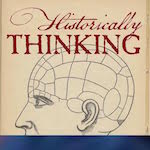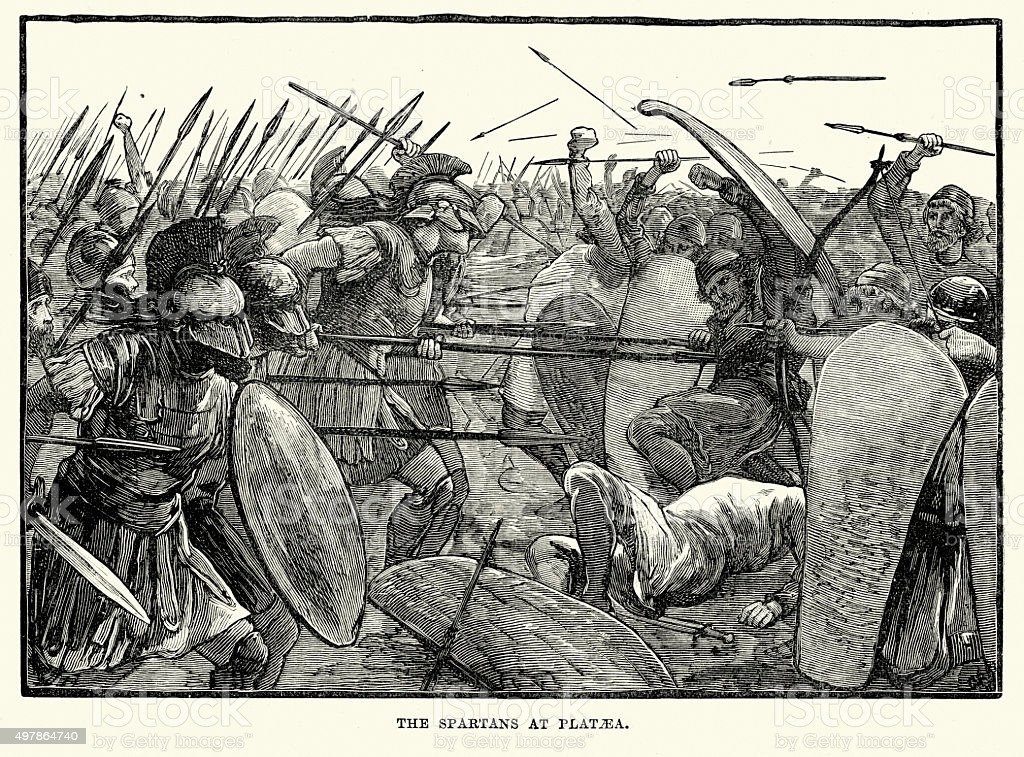Podcast: Download (Duration: 1:09:31 — 95.5MB)
Subscribe: Apple Podcasts | Spotify | Amazon Music | Android | Pandora | iHeartRadio | Blubrry | JioSaavn | Podchaser | Podcast Index | Email | TuneIn | Deezer | RSS
On December 2, 2020, the University of Vermont announced that it would be eliminating the geology, religion, and classics departments, and also eliminating majors in Asian Studies, German, and Italian as part of cuts to programs in the College of Arts and Sciences with less than 25 or fewer students enrolled, or fewer than five graduates per year. The Academic Socal Internet (or at least its humanities sector) predictably exploded, along lines which are pretty familiar by now to those who follow such things, with anger at neo-liberal corporatism, American anti-intellectualism, and so on. Those who mustered a defense did so by proclaiming that the arts and humanities foster necessary critical thinking skills; or that these were necessary parts of general education at the University of Vermont; that the liberal arts are devalued.
Incredibly enough, many of these points repeat those made for over a hundred years, as Eric Adler explains in his illuminating book The Battle for the Classics: How a Nineteenth-Century Debates Can Save the Humanities Today. While the book centers upon intellectual debates in late 19th and early 20th century America, it ranges as far back as Marcus Tullius Cicero, and is as contemporary as the news from Vermont of December 2, 2020.
Dr. Eric Adler is Associate Professor of Classics at the University of Maryland. His scholarly interests include Roman historiography, Latin prose, the history of classical scholarship, and the history of the humanities.
For Further Investigation
- Charles Francis Adams, Jr. 1884. A College Fetich: An Address Delivered before the Harvard Chapter of the Phi Beta Kappa in Sanders Theatre, Cambridge, June 28, 1883, 3rd edition. Boston: Lee and Shepard.
- Irving Babbitt. 1986. Literature and the American College: Essays in Defense of the Humanities. Washington, DC: National Humanities Institute. Originally published in 1908.
- Charles W. Eliot. 1969. A Turning Point in Higher Education: The Inaugural Address of Charles William Eliot as President of Harvard College, October 19, 1869. Cambridge: Harvard University Press.
- Roger L. Geiger. 2015. The History of American Higher Education: Learning and Culture from the Founding to World War II. Princeton and Oxford: Princeton University Press.
- Robert E. Proctor. 1998. Defining the Humanities: How Rediscovering a Tradition Can Improve Our Schools, 2nd edition. Bloomington and Indianapolis: Indiana University Press.

